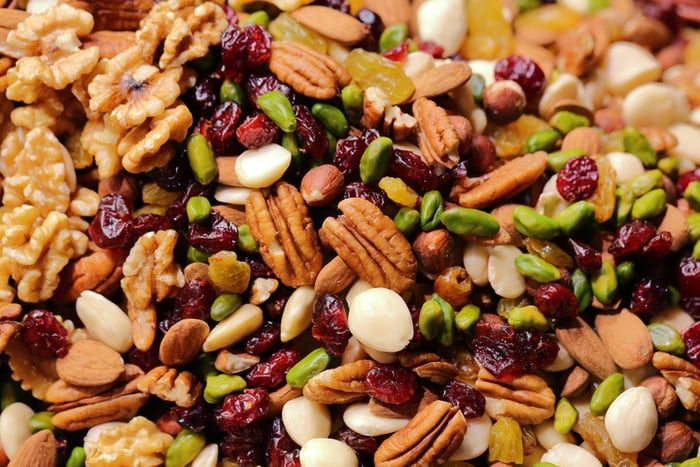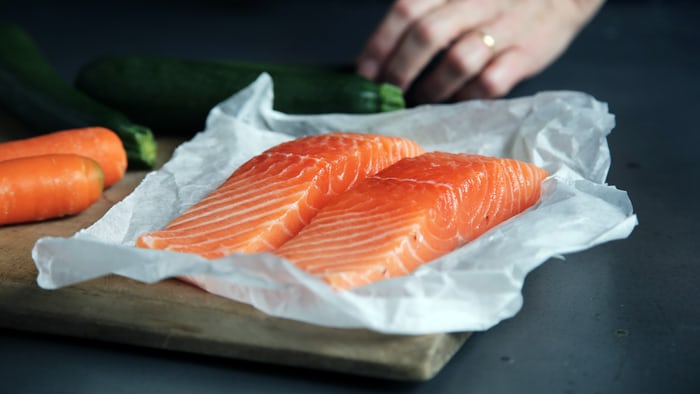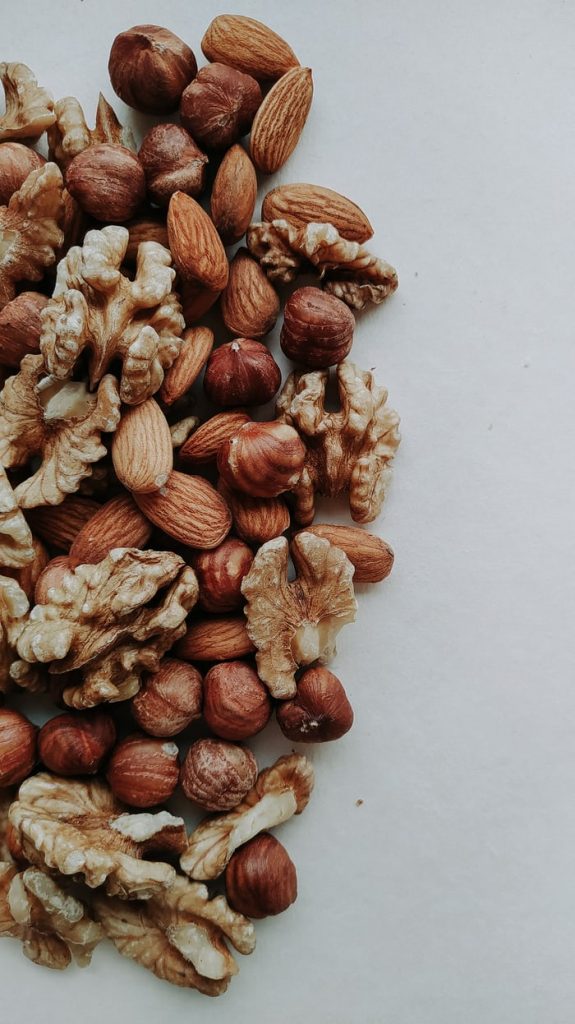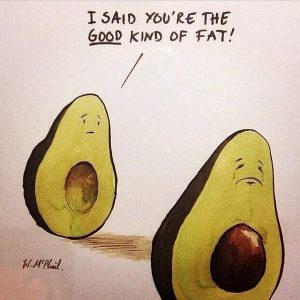The foods that we consume have a huge impact on our overall health and well-being, particularly our brain health and function. Fresh, whole, unprocessed foods are best. Research has also shown how beneficial “good” fats are for the structure and health of our brains.
We all want to function better on every level, thus we may all choose to eat more of these brain boosting foods on a regular basis. The brain works really hard: it consumes about 20% of the calories we feed the entire body daily. And, it is largely composed of fat: 60%. Thus, feeding the brain with fat is essential, that is, the “good” forms of fat: Omega-3 fatty acids, DHA, polyunsaturated, and monounsaturated fats. These all nourish, protect, and enhance the performance of the brain.
Certainly an overall healthy diet contributes to brain health, which includes a large consumption of nutritious plant-based greens and produce and protein, but healthy fats are also key.
Omega-3 Fatty Acids
These good guys help to build and repair brain cells, reduce cellular stress and inflammation, and help reduce the risk of neurological disorders like Alzheimer’s, Parkinson’s and dementia. Omega-6 fatty acids are also essential to a healthy, balanced diet, but in much less quantities. Omega-3s are found in:
- Oily fish: salmon, sardines, tuna, mackerel, cod, and herring
- Soybeans
- Flaxseeds
- Almonds, walnuts, hazelnuts, and Brazil nuts
DHA (Docosahexaenoic Acid) is a particular form of Omega-3 fatty acid and has been proven to help brain functions like memory, speaking, math, and motor skills. This also helps with conditions like ADD, depression, and bipolar disorder.
Saturated Fats
Most commonly saturated fats get a bad wrap – for good reason. These are often classified as “shelf stable” fats, hydrogenated, trans fats, and those that clog your arteries. However, your brain DOES need some saturated fat to properly function. Saturated fat also helps with liver health, immune system, and hormone production, in lower levels. Organic, non-hydrogenated saturated fats are best, and keeping consumption to 10% of total daily calories as well.
- Grass-fed butter and dairy (controversial)
- Grass-fed red meat (controversial)
- Coconut oil
Polyunsaturated Fats
This type of fat contains both of the essential fatty acids Omega-3 and Omega-6. And, because Omega-3 fatty acids are known to decrease the risk of depression, it’s the ration of 3:6 that’s most important when considering how much polyunsaturated fats we should be eating. Foods high in polyunsaturated fats include:
- Walnuts
- Sunflower seeds
- Flax seeds and flax oil
- Oily fish
- Corn oil, safflower oil, soybean oil
- Some whole grains: rice brain, wheat brain, oat bran, amaranth, corn, millet
Monounsaturated Fats
These are the best of the best, the “cream of the crop” when it comes to fat, so to speak. These fats contain both Omega-3 and Omega-6 fatty acids, but also Omega-9 fatty acids. A diet high in monounsaturated fats increases the production of certain neurotransmitters that are critical for learning and memory, particularly those that help fight Alzheimer’s disease and depression.
Great sources of monounsaturated fats are:
- Avocados and avocado oil
- Olive oil and olives
- Almonds, pecans, hazelnuts, macadamia nuts (and nut butters)
- Sesame oil, canola oil, sunflower oil, safflower oil
Thus, high fat diets can be good for us and our brains – as long as they are full of the “good” types of fat.
At the same time, consider a balanced diet, one that is chock full of fresh foods, whole foods, and good fats. You won’t think differently otherwise.








